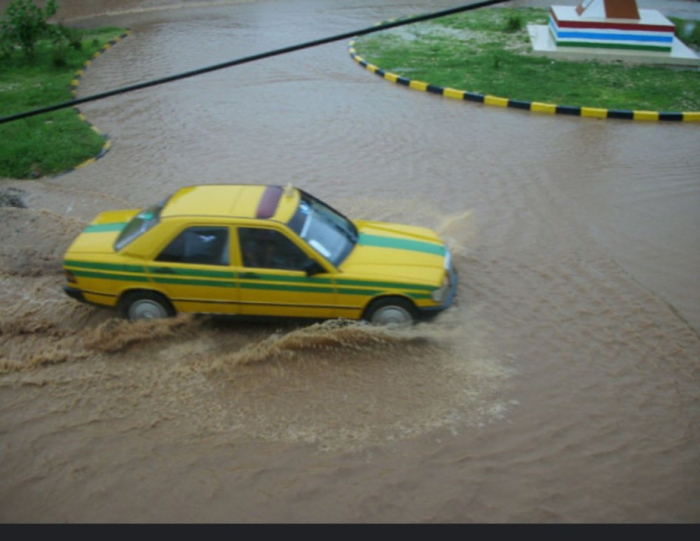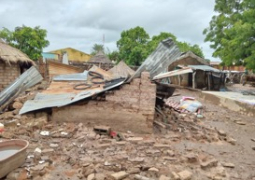
In Brikama, taxi driver Modou Sillah says heavy rains often keep him off the road. He explained that poor roads and deep potholes frequently cause breakdowns, leaving drivers with repairs that cost more than the fares they earn. “Sometimes passengers refuse to pay if we cannot get them to their destination, so we bear the loss,” he said.
He added that makeshift fixes, such as filling potholes with stones, are easily destroyed when heavy trucks pass, leaving vehicles stuck again. Sillah urged the government to build durable roads in Brikama and other high-traffic areas, saying many drivers avoid certain routes because of stagnant water and damaged surfaces.
From Tallinding, driver Ebrima Njie, a former painter and construction worker, said bad roads and expensive car parts are forcing many drivers to turn down trips, especially during the rainy season. While the job provides daily earnings, most of the money goes back into vehicle maintenance.
He noted that fuel prices have risen sharply while transport fares remain unchanged, making it harder for drivers to stay afloat. Njie called on authorities to repair roads before the rainy season and to regulate fuel prices.
Another driver from Tallinding, Babucarr Jallow, who has been in the trade for nearly two years, said long waits without passengers, coupled with traffic congestion and the need to use damaging back roads, make the work increasingly challenging. He stressed that vehicle repairs are a constant burden for many drivers.
Gambia Transport Union President Omar Ceesay, said the problems facing drivers extend far beyond individual struggles, with poor feeder roads, inadequate signage and a lack of proper garages affecting the entire transport sector. Many villages and communities, he said, become inaccessible during the rainy season due to the absence of all-weather feeder roads, making the movement of goods and passengers slow, unsafe and costly.
Ceesay added that missing or damaged road signs and washed-out road markings reduce visibility and make navigation dangerous, particularly at night and in heavy rain. He noted that outside of Brikama, there is no designated garage for commercial vehicles, forcing drivers to park in unsafe or unauthorised areas. The absence of road shoulders, he warned, leaves no safe space for pickups, drop-offs or breakdowns, creating hazards for other road users.
The Transport Union is urging the government, municipal councils and the National Roads Authority to work together to address these problems. Recommendations include the construction of standard, well-equipped garages for commercial vehicles, a proactive road maintenance system before and during the rainy season, repainting road markings, replacing damaged signs, installing reflective markers and prioritising the construction and rehabilitation of feeder roads to connect remote communities.
Ceesay said addressing these concerns would improve road safety, reduce accidents and ensure the smooth operation of commercial transport even in challenging weather conditions.
Read Other Articles In Headlines

Mayor Bensouda hands over 175 demarcated service plots to KMC Staff
Feb 12, 2024, 11:23 AM




